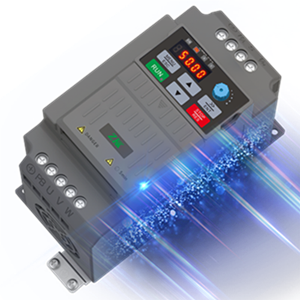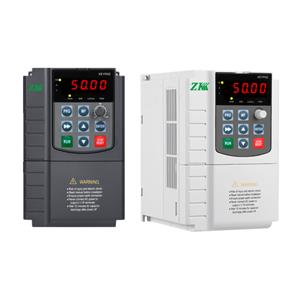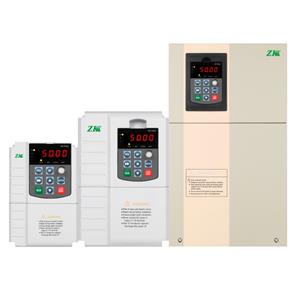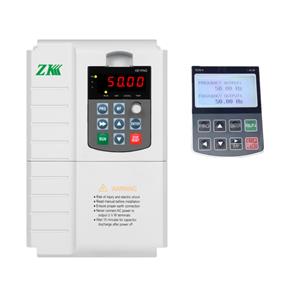Effect of temperature on solar pump system performance
The efficiency of a solar pump system is critical to its effectiveness in a variety of applications. While photovoltaic (PV) cells play a key role, several factors, including temperature, can significantly affect the overall performance of these systems.
1. Solar water pump
The performance of solar water pumps is mainly affected by temperature:
● Working stability: Although the startup and operation of the solar water pump mainly depends on the lighting conditions of the solar panel rather than directly controlled by temperature, high temperature or extreme weather conditions may affect the power generation efficiency of the solar panel, thereby indirectly affecting the working stability of the water pump.
● Efficiency and energy consumption: Although the solar water pump itself has significant energy-saving effects, the power generation efficiency of the solar panel may be reduced in high-temperature environments, which may lead to a relative increase in the energy consumption of the water pump, although this increase usually does not Change its energy-saving advantages over traditional water pumps.
2. Solar heat pump system
The performance of the solar heat pump system is affected by temperature in the following aspects:
Heat source temperature:
● Impact on COP: As the temperature of the heat source increases, the coefficient of performance (COP) of the heat pump system gradually increases. This is because the increase in the temperature of the heat source causes the outlet temperature of the concentrated solution of the generator to increase, resulting in an increase in the concentration of the concentrated solution, an increase in the gas release range, and a decrease in the cycle rate, thereby improving system performance. However, when the heat source temperature increases to a certain range, the magnitude of the COP increase will decrease, so the heat source temperature cannot be blindly increased to improve the COP.
● Influence of evaporation temperature: When the condensation temperature is constant and the heat source temperature is the same, as the evaporation temperature increases, the performance of the solar absorption heat pump becomes higher. However, the increase in evaporation temperature means that the outlet temperature of the low-temperature heat source is also higher, which may lead to a reduction in the utilization rate of the low-temperature heat source.
Condensing temperature:
● Reduced system performance: As the condensing temperature increases, the performance of the heat pump system gradually decreases. When the condensing temperature is higher, the system performance decreases more. This is because the increase in condensation temperature reduces the concentration of the concentrated solution, resulting in a reduction in the gas release range and an increase in the cycle rate, thereby reducing system performance.
● Synergy of evaporation temperature: When the heat source temperature is constant, increasing the evaporation temperature can improve COP to a certain extent. However, within the condensation temperature range, when the condenser outlet temperature is higher than a certain value (such as 49°C), the performance of the heat pump system will drop sharply.
Low temperature performance:
● Heat pump system efficiency: Heat pump systems work less efficiently at low temperatures, and the lower the temperature, the worse the efficiency. It may not even work properly in extreme cold temperatures. Therefore, its low-temperature performance needs to be considered when designing and using solar heat pump systems.
● Absorption of Solar Heat: While solar heat pump systems can improve their performance by absorbing solar heat, the improvement at low temperatures may be limited. Therefore, further optimization of system design and operation strategies is needed to improve its performance in low-temperature environments.
In summary, the impact of temperature on the performance of solar pump systems is multifaceted, and various factors need to be considered comprehensively during design and use to optimize system performance.
ZK Solar Pump Inverter efficiently and intelligently controls the operation of the solar water pump, adjusting the output according to the intensity of sunlight to ensure maximum power output. Easy to install, worry-free maintenance, energy-saving and environmentally friendly, no need for power grid, suitable for areas lacking power. Assist agricultural irrigation, desert control, and achieve green and sustainable development.




